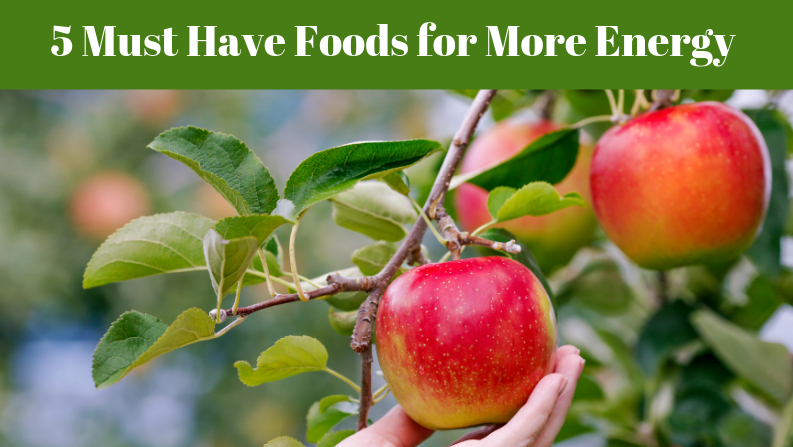Since I am going to be exactly mid-50’s this month, I seem to be very aware of foods that help with increasing my energy. I think about food most of the time being a dietitian/nutritionist so if you haven’t thought about it until now, that’s cool. Maybe you are thinking you want more energy in general or maybe you want more energy to play with your grandkids or to keep up with your younger friends and family? Whatever your reason, I’m glad you are here.
A combination of changes to your hormones and your metabolism slowing down does mean that your dietary needs start to change in your too. Have you thought to yourself, I’m not eating any differently, but I seem to have a muffin top now? Or I’m not eating any differently but now I feel like I need a nap at 3 o’clock in the afternoon. Eating whole foods start to become super important at this stage of your life.
So, I guess you are wondering what foods should be a big part of your diet once you hit your 50’s. Am I right? According to a number of studies, these five foods are a must for having more energy and better health as you get older!
1. Apples
Want to protect your heart health? You definitely want to eat an apple a day! And, you guessed it, with a healthy heart you for sure will have more energy! A grocery store size apple gives you up to 5g of fiber, which is great for your heart and your digestion.
Research has also shown that apples help lower total and LDL cholesterol levels in older women for better cardiovascular health. And according to a 2013 study, eating apples in addition to other whole fruits can cut your risk factor for type 2 diabetes by up to 23%.
Snacking on an apple a day can have some major health benefits!
2. Beans
Beans are packed with fiber. They’re considered a heart healthy food that provides your body with a combination of the macros, carbohydrates and protein. That’s what makes them perfect for keeping your energy levels stable throughout the day.
You can try adding beans to stews, soups, pasta, rice and quinoa dishes to increase your intake and get the benefits.
3. Oats
Oats are packed with a soluble fiber called beta-glucan, which can help to reduce total and LDL cholesterol levels by up to 10%. If you’re worried about your cholesterol levels, you’ll definitely want to get more oats in your life!
There’s even better news as far as oats are concerned. According to studies, eating oats (and whole grains in general) can help to lower your risk of premature death.
Porridge (also known as hot cooked oats) is the obvious choice for getting more oats in your diet but you can also use them in baking, and you can put them raw in a smoothie.
It’s not just oats though … whole grains in general are super important in a healthy diet and have the same benefits.
Eat plenty of whole grains to keep your blood sugar levels stable. If you regularly feel the dreaded mid-afternoon energy slump, it’s probably because your blood sugar levels are starting to dip. Reach for a whole grain snack instead of candy or a highly processed cracker.
4. Fatty Fish
Fatty fish such as salmon and mackerel are a great source of omega-3 fatty acids. As well as being super important for healthy cognition as you get older, omega-3s also have big benefits for cholesterol. For women going through menopause, fatty acids can also help to manage symptoms such as hot flashes.
Fatty fish is also one of the few dietary sources of vitamin D. Lots of people are deficient in this nutrient and low levels can affect your energy levels.
Ideally, you want to be eating fatty fish a couple of times per week. Some types of fatty fish are quite high in mercury, especially swordfish and shark. It’s recommended that you eat these types of fish less often because of the mercury content.
If you’re vegetarian or just not a big fan of fish, walnuts and ground flax seed are a great plant-based sources of omega-3 fatty acids.
5. Nuts
Nuts are a great source of magnesium, which naturally depletes as you get older. Low magnesium levels are often linked to low energy levels. Snacking on a handful of nuts can help to boost your magnesium levels and provide a natural energy boost. Just don’t go overboard with the amount you eat because they are high in fat too. This is the good kind of fat but it’s still fat, after all! Eating more fat then you need means more calories then you need and even though it is good for you more calories then you need can mean weight gain. I know you don’t want that!
Nuts are also a good source of vitamin E. Studies have linked high levels of vitamin E to a lower risk of cognitive decline and may even cut your risk factor for developing Alzheimer’s disease.
But Wait…A Few More That Can Help!
Soy: For women going through menopause, soy products can be super important. Research has indicated that eating plenty of soy isoflavones can help to reduce the intensity of menopause symptoms. If you’re not familiar with soy isoflavones, these are plant estrogens that mimic the effects of estrogen. Hot flashes are just one of the menopause symptoms that can be calmed with a soy rich diet. And as an added bonus – soy is linked to lower cholesterol levels.
Dark chocolate: The cacao content in dark chocolate can provide a magnesium boost and that means more energy. Just make sure that it’s the type with plenty of cacao so you’re not just eating tons of sugar and fat!
Pumpkin seeds: Worried about your iron levels as you get older? You don’t need as much iron once you start to go through menopause (thanks to the lack of menstruation) but anemia can still be a problem for some women. According to research, your anemia risk can go up with age. Snacking on pumpkin seeds can give you an easy iron boost.
Here’s to your wellness, increased energy and living a life you love! ~Amy

